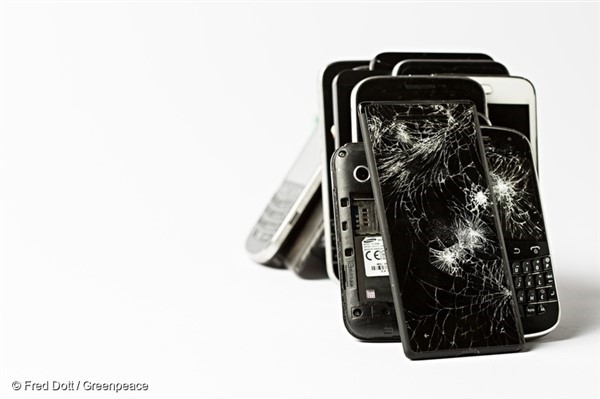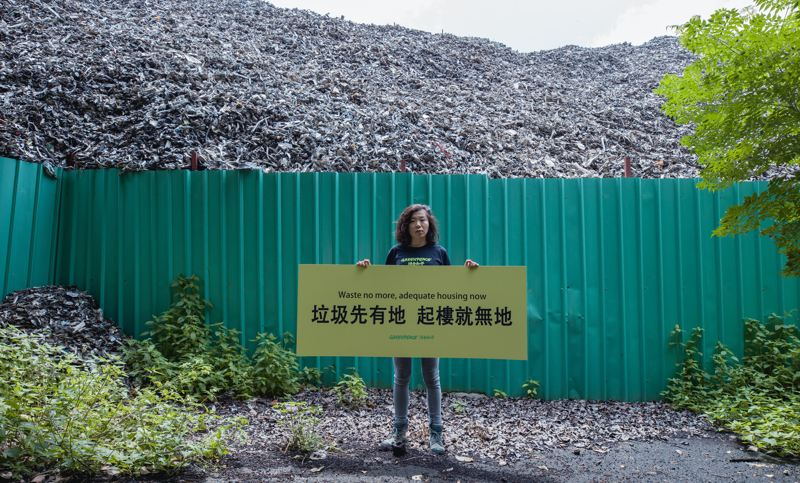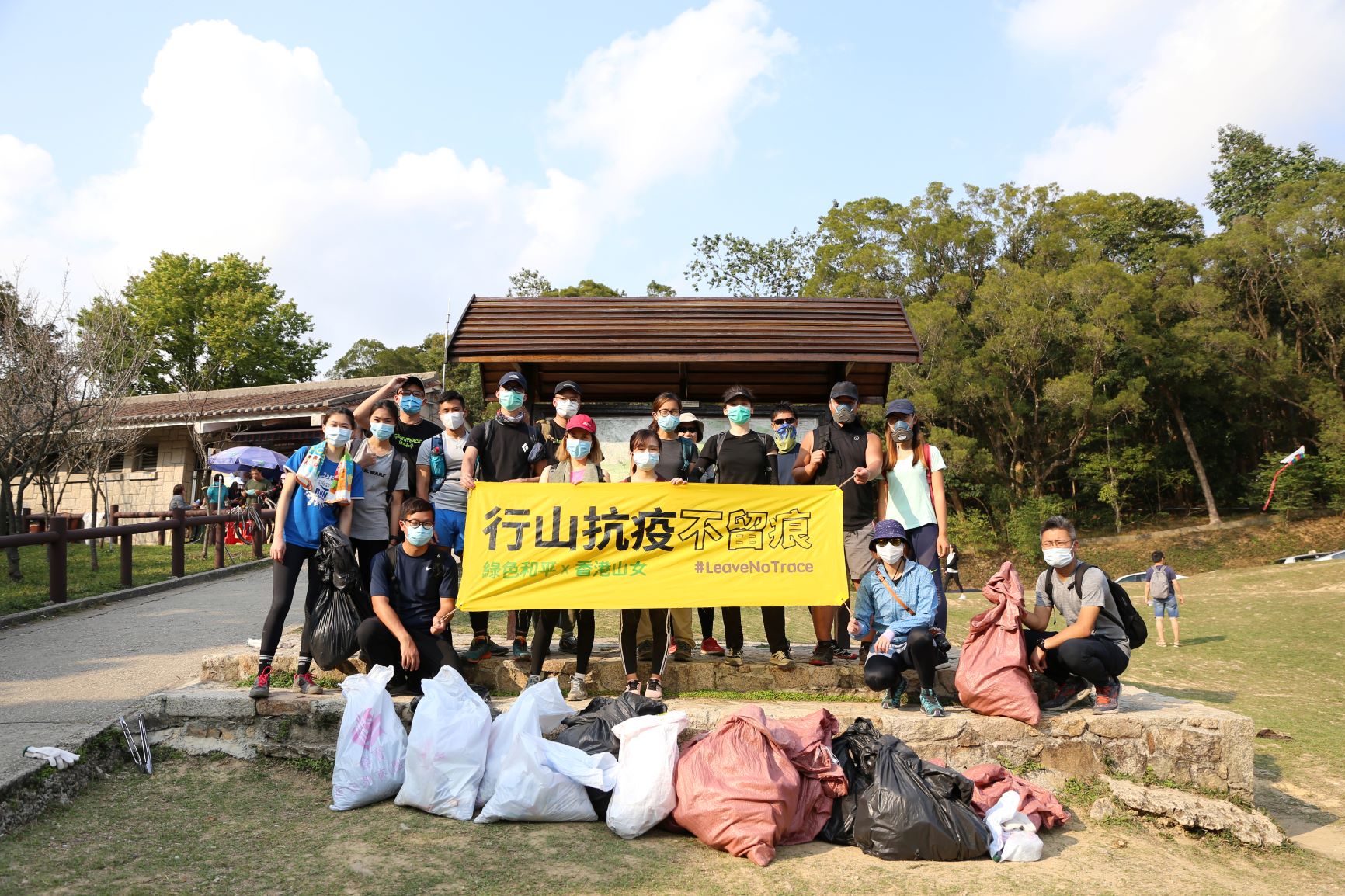Tech companies are purposely making our devices difficult to repair, creating millions of tonnes of unnecessary e-waste every year. But these campaigners are fighting back. Kyle Wiens from iFixit and Lou Bin from ZEALERfix visited Greenpeace in Beijing to discuss how they’re rethinking the whole concept of IT consumption.
When Kyle Wiens was in college, he did what many of us have done and dropped his Mac computer on the ground, breaking it. Wanting to save money, he decided to fix it himself, but when he searched for the information online, he came up blank. Why? Because Apple didn’t make that information publicly available.
Undeterred, he took the machine apart and figured out how to fix it, then recorded the process and shared the information with everyone.
That was his first big ‘fix’. Now, as the founder of iFixit, the world’s biggest online repair manual, he has brought together a community of over a million people to share knowledge and tools on self-repair.
Ever wondered why it’s so difficult or expensive to repair a tablet or replace a smashed iPhone screen? It’s not just an unfortunate complication- it turns out the everyday devices we rely on so heavily are made difficult to repair by design.
Even something as simple as replacing a battery becomes an epic struggle due to the complicated structure of these devices. That means consumers are either forced to pay a professional repair person-which is sometimes almost as expensive as buying a new phone altogether- or throw them away.
That’s why Greenpeace, in partnership with iFixit, commissioned the report “How Repairable is your Mobile Device” to assess and score the biggest brand name smart devices according to how easy they are to repair.
7 billion smartphones have been manufactured since their inception in 2007. Many phones and devices only last 2 years before they need to be repaired or replaced. That’s a hell of a lot of plastic, metals and minerals to fill up our already overstressed landfills.
It’s clear that something needs to change. Huge tech companies have the means to make smart devices that are durable and repairable, and to set up systems for reuse and repurposing of phone parts.
Electronics aren’t going anywhere- they are already deeply embedded in our work and social lives and it’s impractical to suggest that they So they need to become more sustainable. That means designed to last, with components that can be easily removed and repaired.
That’s where these guys come in.
Kyle Wiens, Lou Bin and Greenpeace Beijing toxics campaigner Eric Liu
Kyle and Lou Bin from ZealerFix (a Chinese online repair community) are part of a global movement to transform the way we consume, electronics and provide crucial information and tools that enable consumers to fix their devices themselves.
They came to Greenpeace Beijing to run a practical demonstration on DIY gadget fixing and talk about why they are fighting for greater transparency and repairability in the industry.
“A huge problem is the information gap between trader and consumer. Companies can fix our devices, but they don’t tell us anything about the process, or the risks involved. Even professional repairmen can make risky mistakes” explains Lou Bin.
Now Lou Bin is working to create a broad DIY community in China, offering freely available training manuals including information on Chinese products as well as running workshops and providing the tools needed for DIY phone repair.
If you want something done well…Greenpeace supporters at a repair workshop event in November 2016…
…do it yourself. Lou Bin demonstrates how to dismantle and replace an iPhone 6 screen.
Supporters also gathered to watch ‘Death by Design’ a feature length documentary that examines the human and environmental toll of devices that are designed to sputter and die after just a couple years.
Supporters and volunteers gather to watch ‘Death by Design’
So what can we do?
As consumers, we have the right to demand better from tech companies. Join the movement to re-think technology, check out our guide to the most durable and easily repaired gadgets and take advantage of the wealth of readily available knowledge to really get to know the products that we rely on every day.
Smart devices have changed the way we live irreversibly, but with just a few changes, we can enjoy them without exerting such a huge toll on the planet. Together we can transform the tech industry!
Watch a live discussion between iFixit and Greenpeace here.
Anna McGurk is a content writer at Greenpeace East Asia





